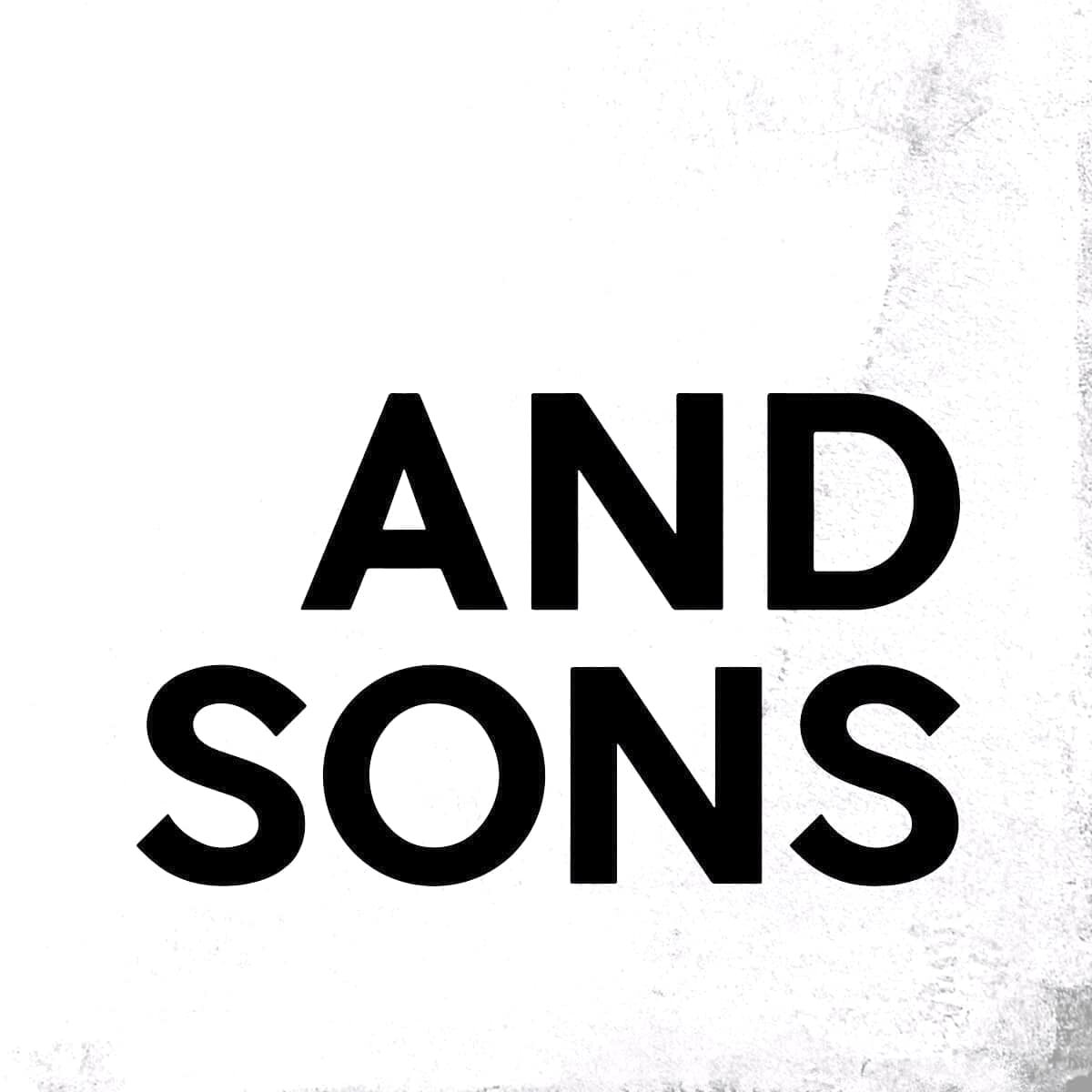Just An Addict
Words Cameron Moix
Images Wookie Jones
I remember sitting on the curb in front of my old apartment in Colorado Springs, half-drunk and weeping to my mother on the phone.
“I don’t know who I am sober,” I told my mom. “I’m scared.”
That was the last late-night, drunken phone call I ever made. The next day, I went to a 12-step meeting and something clicked. That was October 17, 2015, and I haven’t had a drink since.
For many months, I made my sobriety a full-time job. I went to meetings, met with my sponsor, did the work and my life felt good for the first time I could remember. That fear of who I was without a drink in my hand faded as quickly as my last hangover.
My recovery relied, in part, on a basic premise: that I was an alcoholic in need of help.
When I started going to church the following spring, people expressed a genuine curiosity about me and my story. Over and over, I’d tell them of my addiction and newfound sobriety. They loved it—well, almost all of it.
I’d sometimes be midway through telling a new church friend my story and they’d stop me. “Oh, don’t speak that over yourself,” one woman said with a concerned look on her face. I’d think for a moment, confused about why someone would interrupt a moment of vulnerability to express an opinion about the way I told my story.
I had referred to myself as a “recovering alcoholic and addict,” just as I had a hundred times or more in the six months since my last drink. To her, this was a personal attack on my identity in Christ. That’s the moment I became intimately familiar with the concept of Christian identity.
You see, what that woman heard was that “I’m just a lousy alcoholic and addict and that’s all I’ll ever be and God doesn’t love me.” To her, these words were an attack by “the enemy” on my being confident as a “new creation” under God.
As Christians, we often like things to be black and white. Some concept of human dualism is lost. And in thinking of ourselves first and foremost as beloved children of God, we sometimes push away other truths that get at who we are as people on any given day.
Ideally, we all would focus on the aspects of our identities that are most true; the ones that align with who we are in the context of God’s love for us all. But as long as we’re on this earth, it will never be that simple. There will be modifiers. There will be complicated and uncomfortable parts of our stories that must be reconciled.
As humans, we need language to put to our lives. For me, that was admitting to myself and others that I was powerless over my addiction and that my life had become unmanageable (in my 12-step program’s parlance). To forego that part of my identity would be to ignore the reasons I got sober in the first place. My sobriety and well-being depended on my humility when it came to identifying with that description. Because it is as true about me as my being an accepted and forgiven child of God.
“If you hear someone describe themself in a way you feel contradicts what is most true about them, listen closer.”
I don’t think modifiers are a threat to our identities in Christ. In fact, it’s my belief that they reinforce the work He is doing in our complicated, messy, and beautiful lives.
If you hear someone describe themself in a way you feel contradicts what is most true about them, listen closer. Don’t be afraid on their behalf, and certainly don’t pity their struggle. Look past that initial assumption and try to see what they’re really getting at.
We need to allow each other to use the language that feels most honest and authentic in our own stories. Let’s embrace our unique struggles and the ways that we walk alongside God.
Print isn’t dead.
If you enjoyed this article, you’d probably love more like it in the And Sons print issue. If you don’t have one of these on your coffee table right now, you should probably go explore our back issue catalog.





